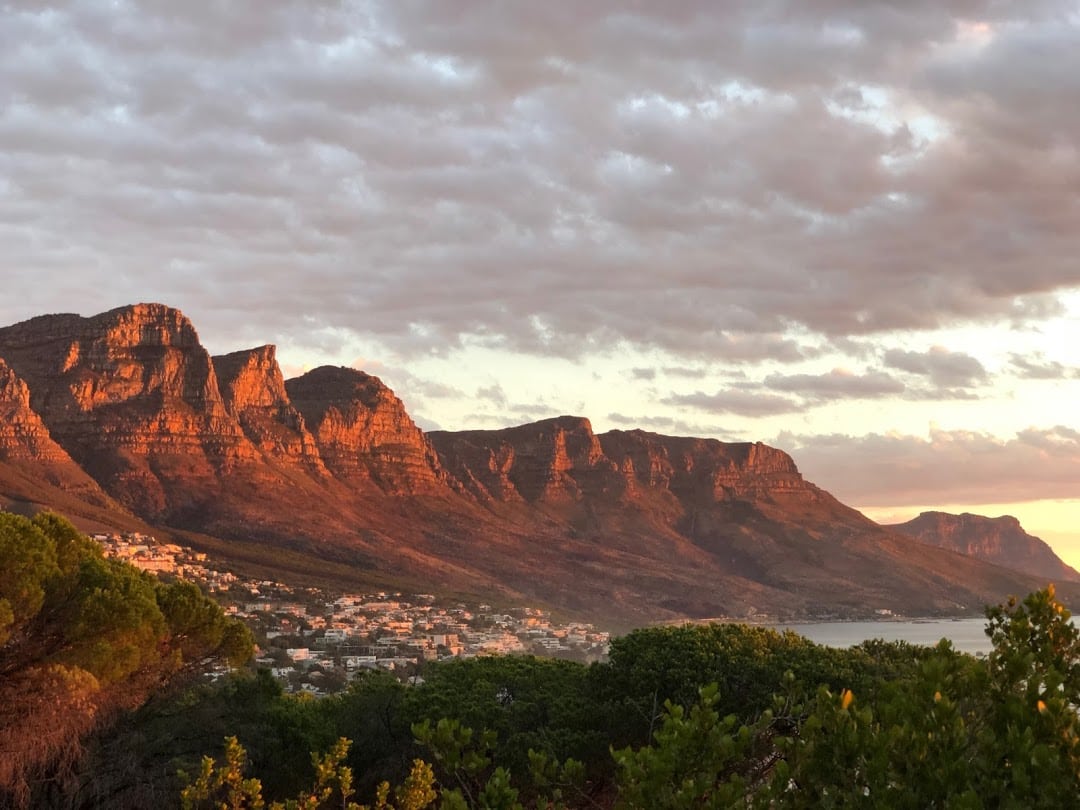Cape Town's Water Crisis: What the Tourism Industry Can Learn From the Myth and the Reality

Skift Take
The Cape Town water crisis has more to do with improper water management and inaccurate, inconsistent messaging than the city actually being in completely dire circumstances. That's why collaboration matters, between huge global organizations all the way down to individual travelers and locals, to promote the reality of international issues and the benefits tourism can have if done in a sustainable way.
Skift Senior Research Analyst Rebecca Stone is traveling the globe over the next year as part of Remote Year, a program that brings together working professionals to travel, live, and work remotely. She'll spend a month in 12 cities around the world that include Cape Town, Lisbon, Valencia, Sofia, Hanoi, Chiang Mai, Kyoto, Kuala Lumpur, Lima, Medellin, Bogotà, and Mexico City. And every month she'll take you along for part of the journey with a feature about her observations based on firsthand reporting and data about the changing travel industry. She'll do the jet lag. All you have to do is kick back and enjoy her compelling dispatches.
I stumbled groggily out of the bathroom after a 16-hour flight from New York’s JFK to South Africa’s Cape Town International Airport thinking about how far I was from home. As I fumbled with the sink faucet, I became confused as to why no water was coming out.
Then it hit me: There is no water.
Newsflashes and media articles came rushing back – Cape Town is in the middle of a water crisis, with 2017 recording the lowest amount of rainfall since 1933. Level 6B restrictions have been in place since February 1, limiting residents’ usage of water to 50 liters a day, or a little more than 13 gallons. For reference, shower heads can release anywhere from 10 to 20 liters of water per minute. A load of laundry can take 50 liters.
[caption id="attachment_284775" align="aligncenter" width="600"] Cape Town's water restrictions are posted throughout the city[/caption]
[caption id="attachment_284776" align="aligncenter" width="600"] Some popular tourist destinations, like the Fugard Theatre, are reminding visitors of water restrictions.[/caption]
Then the voices of concern from my friends, family, and colleagues prior to my departure flooded my mind — “I heard they have no water.” “Is it safe to go to Cape Town right now?” “Is it even right for you to go and use what little water they have?”
I used some hand sanitizer and headed out for my temporary new home in Cape Town’s City Centre, thinking to myself, “Well, I guess this is Africa.” (I would later find out that “This is Africa,” or TIA, is a term thrown around to excuse certain shortcomings of Africa, whether fair or not.)
I would learn over the next couple weeks how to take two-minute showers, to strategically position a bucket in the shower and then use the leftover "grey water" to flush the toilet, to always carry hand
